Unlike smartphone users from Chinese brands, users have to accept products with lower battery capacity from Apple and Samsung, such as Samsung's Galaxy S25 Ultra with a 5,000 mAh battery or the iPhone 16 Pro Max with a 4,685 mAh battery. Why is there this difference? Is it just a matter of cost cutting?
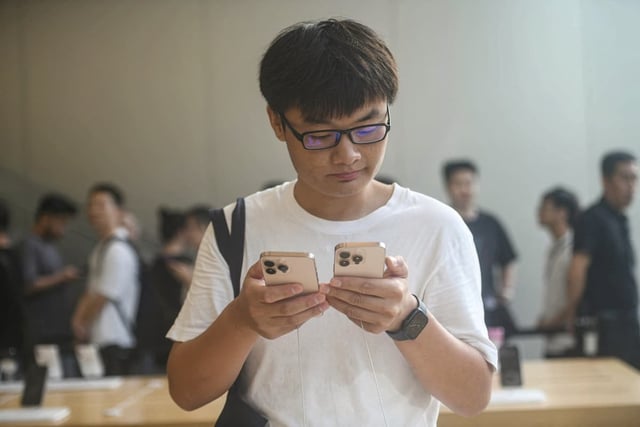
iPhone battery capacity is far behind Chinese products
PHOTO: AFP
A recent report points to outdated regulations as the main reason. In China, flagship smartphones are expected to reach the 7,000 mAh battery standard by 2026. However, global versions often have lower battery capacities, such as the Xiaomi 15 Ultra in Germany with only a 5,410 mAh battery and the Vivo X200 Pro in Europe with a 5,200 mAh battery. Notably, the Galaxy S26 Ultra expected to be launched by Samsung in 2026 will still retain the same 5,000 mAh battery capacity, unchanged from the Galaxy S20 Ultra launched in 2020.
Unexpected regulations cause difficulties for Apple and Samsung
The problem stems from regulations like the US Department of Transportation (DOT) Regulation 49 CFR 173.185, which limits lithium-ion battery capacity to 20Wh (about 5,000 mAh) to avoid being classified as a Class 9 “Dangerous Goods,” which increases shipping costs. Similar European regulations may also be responsible for the reduced battery capacity, although the details are unclear.
Chinese brands like Vivo and Xiaomi still have to comply with government regulations when releasing products in the US and Europe, while non-Chinese brands like Samsung prioritize compliance over developing larger batteries. An alternative is to use two-cell batteries, like in the OnePlus 13 with a 6,000 mAh capacity, allowing each cell to be under 20Wh but still have a higher total capacity.
New Huawei smartphone Pura 70 uses many domestic components
With high-end smartphones from Chinese brands expected to feature 7,000 mAh batteries by 2026, the gap with Western markets could continue to widen unless there is a change in regulations.
The question, however, is whether these larger batteries are actually any less safe than those sold in the US? Recent data shows no increase in incidents involving larger batteries, while many of the recent incidents have involved Samsung's flagship smartphones, despite their batteries being within the size range considered "safe."
This suggests that current US and European restrictions may be more related to outdated standards than to the actual risks of using high-capacity batteries.
Source: https://thanhnien.vn/ly-do-khien-apple-va-samsung-khong-tang-dung-luong-pin-smartphone-185250706215116197.htm





![[Photo] Prime Minister Pham Minh Chinh receives President of Cuba's Latin American News Agency](/_next/image?url=https%3A%2F%2Fvphoto.vietnam.vn%2Fthumb%2F1200x675%2Fvietnam%2Fresource%2FIMAGE%2F2025%2F12%2F01%2F1764569497815_dsc-2890-jpg.webp&w=3840&q=75)



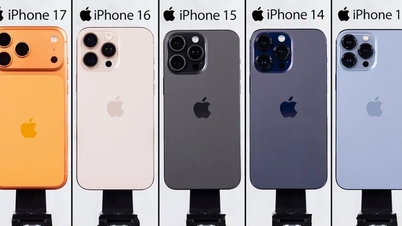


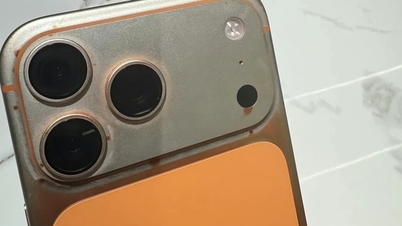

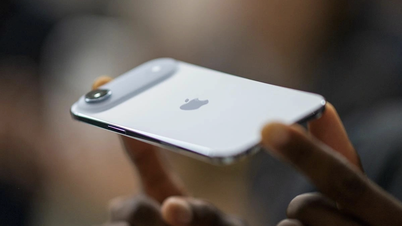
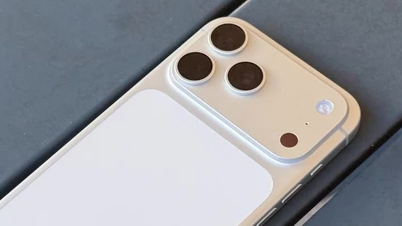








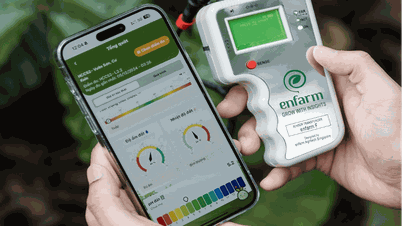







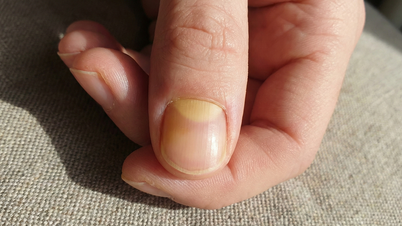



























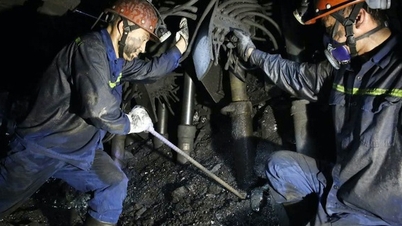





























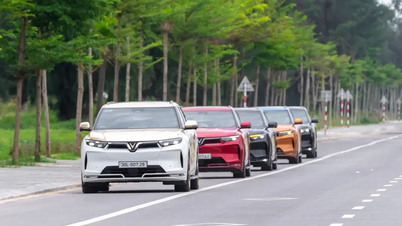



















Comment (0)